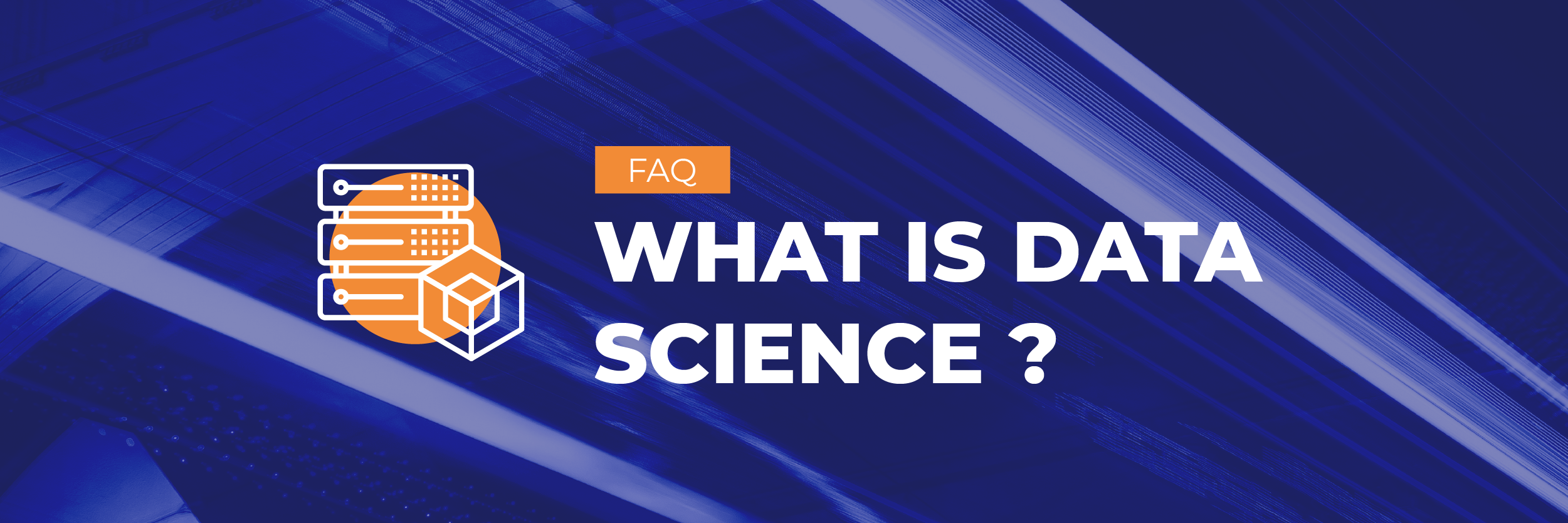The use of data science is beneficial to making informed business decisions and projections using predictive analytics, prescriptive analytics as well as machine learning. A data scientist uses their knowledge of statistics and associated models to explore and discover raw data using a variety of statistical algorithms.
Creating algorithms and examining data from various perspectives allows a data analyst or data engineer to identify and predict future events. Using this form of modern technology is essential to a business’ growth to find solutions and to make informed assumptions.
A data scientist can then present their findings transformed from raw data into more accessible forms such as data visualisations, which are more accessible to operational teams. This methodological process includes:
- Predictive causal analytics: the model of predicting possible outcomes or future events.
- Prescriptive analytics: the intelligence model that makes proactive decisions and adapts to dynamic changes.
- Predictive machine learning: the model which ascertains any trends in the future.
Data science projects are categorised by the following 4 steps:
- Defining the scope of the project: products, price range, timeline, markets, location, etc.
- Implementing the Data Lake: collection of raw data, analysis, cleaning, preparation.
- Data analysis: statistics and modelling (learning and validation).
- Data industrialisation: deployment of the model, data visualisation.
